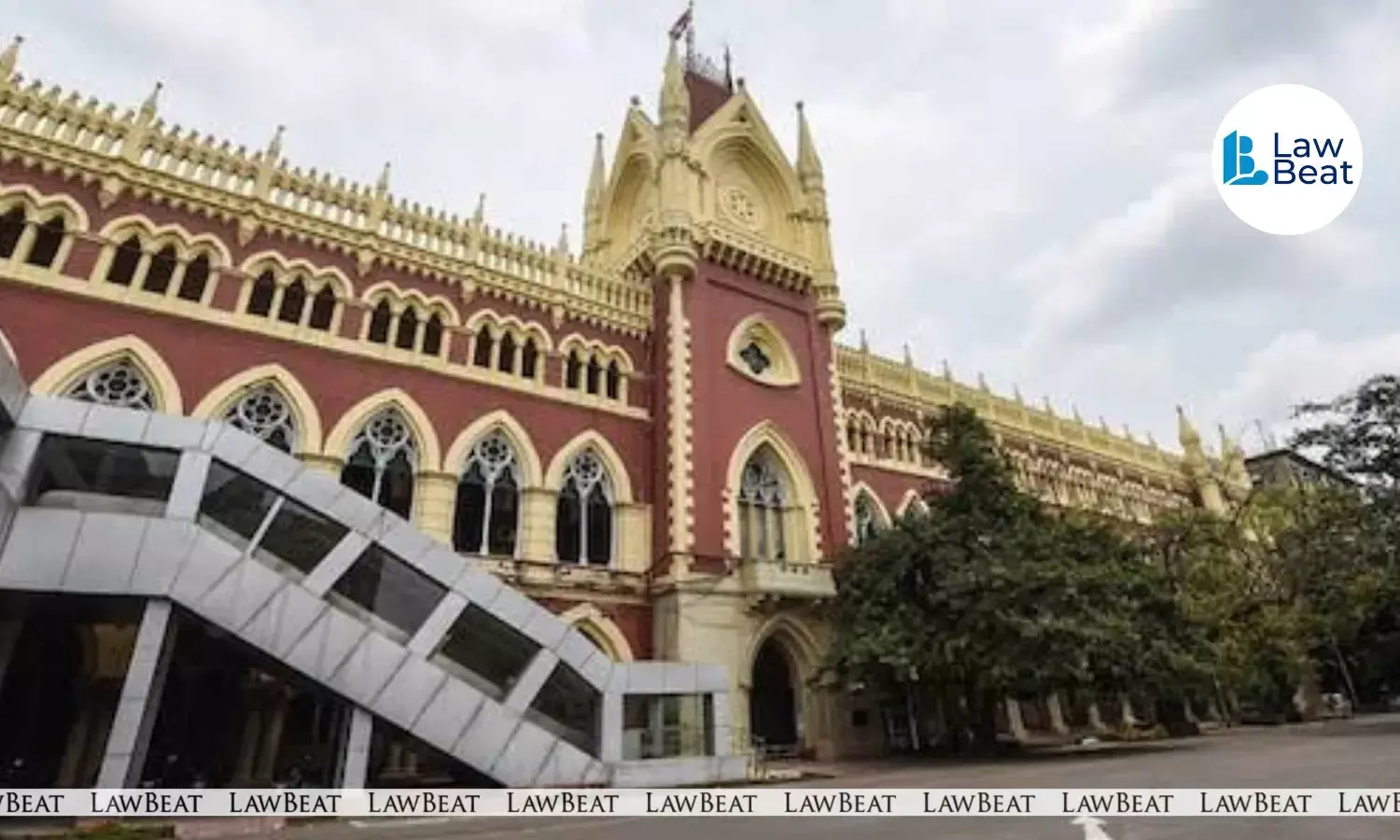Beheading Over 'Witchcraft': Calcutta HC Commutes Death Sentence to Life Term

In a chilling case of alleged witchcraft-driven violence, the Calcutta High Court on July 22, 2025, commuted the death sentence awarded to a 28-year-old man for beheading his grandmother to life imprisonment, citing his mental condition, socio-economic background, and scope for reformation.
The convict, Radha Kanta Bera, was found guilty of murdering his grandmother, Tarubala Bera, on February 9, 2017, in a remote village in Jhargram district. As per prosecution witnesses, the accused forcibly dragged the 65-year-old woman to a Kali temple near her house, accused her of being a witch, and beheaded her with a sharp weapon as an alleged human sacrifice. He was reportedly seen walking back home with her severed head in one hand and the weapon in the other.
The Sessions Court had, in May 2023, convicted Bera under Section 302 of the Indian Penal Code and awarded him the death penalty, calling the act brutal and unforgivable.
However, on appeal and reference before the high court, a division bench comprising Justices Debangsu Basak and Md. Shabbar Rashidi found the trial court’s conclusion insufficient to justify a death sentence.
The High Court observed that while the evidence convincingly established Bera’s guilt, including eyewitness testimonies from the victim’s daughter (PW1), husband (PW2), and son-in-law (PW3), supported by post-mortem findings, the sentencing lacked the necessary judicial examination of mitigating factors.
Citing the Supreme Court’s precedent in Manoj v. State of Madhya Pradesh, the bench stressed the need for individualized sentencing and thorough evaluation before awarding capital punishment. Court took into account a comprehensive set of reports, including psychological, socio-economic, and medical evaluations.
The reports revealed that Bera suffered from intermittent violent mental episodes after falling from a bus roof, often leading his family to restrain him at home. He had no prior criminal record, studied only up to Class V, worked as an agricultural laborer, and belonged to a poor, uneducated family. His behavior in correctional custody was reportedly good, and he showed signs of being mentally disturbed but not beyond reform.
“We are not in a position to return a definite finding that the appellant is beyond reformation… the facts and circumstances of the case under which the offence was committed, cannot be said to bring the case in the category of ‘rarest of rare',” court ruled.
Accordingly, the bench commuted the death sentence to life imprisonment, setting aside the trial court’s capital sentence. It directed prison authorities to update their records and apply Section 428 CrPC to count time already served.
Case Title: State of West Bengal vs. Radha Kanta Bera
Judgment Date: July 22, 2025
Bench: Justices Debangsu Basak and Md. Shabbar Rashidi
